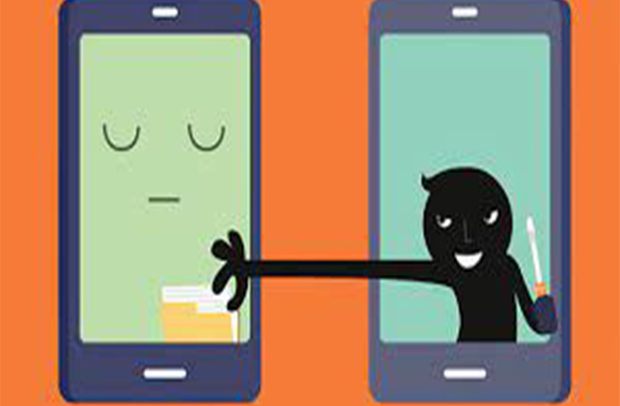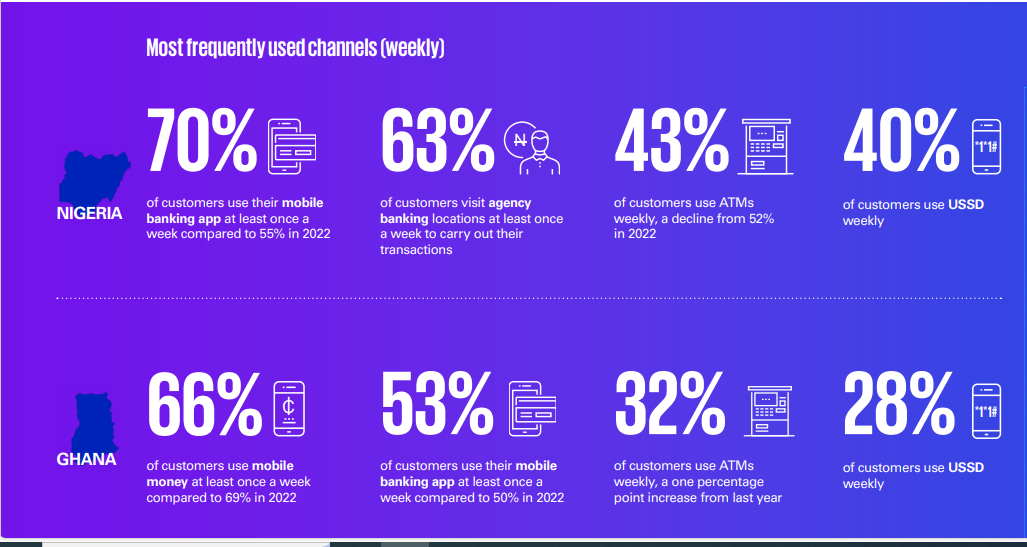
Mobile telephony is without doubt one of the most explosive developments ever to have taken place in the telecommunications industry. They have now become an extension of our very being in recent years.
We use them for messaging across multiple platforms, catching up on news, watching videos, checking email, corporate apps for time management, project management and many other tasks.
Current records show approximately 4 billion people worldwide own a smartphone. Thirty seven percent of the growth is said to occur in developing economies.
For the world's poorest countries, mobile telephony represents the best chance yet of bringing the power of telecommunications to economically disadvantaged or isolated communities.
Today, mobile has become the primary option for internet access for most people. The transformation of society by mobile telephony, and especially mobile applications, is perhaps one of the most profound innovations of our age.
The past few years have seen tremendous growth in mobile application development. Again, thanks to the number of free apps available today for download.
The Android Play Store or the Apple Store on onesphone has countless examples of such apps in various categories, ranging from education, communication, games, entertainment, religion, lifestyle, news, travel, and others. And, many businesses, big or small have developed their own dedicated mobile app,
Innovation in mobile technology such as the mobile operating system, hardware, and software has opened new doors of opportunities for mobile application developers to experiment with new and intricate functional applications such as location-based mobile, Bluetooth-based Beacon and iBeacon, and NFD-based secure transaction/transfer applications.
And with 5G network trials underway in some parts of the world, the realm of app development will witness a change. The prediction is that the coming years will see brand new trends in mobile application development.
Apps for wearable devices, mostly watches is expected to emerge. Organizations such as Zomato and Uber have made substantial investment in wearable app development.
Mobile app developers are expected to create breathtaking mobile app experiences in Augmented Reality (AR) and Virtual Reality (VR), defined by Wikipedia as a "computer-generated simulation of a three-dimensional image or environment that can be interacted with in a seemingly real or physical way by a person using special electronic equipment, such as a helmet with a screen inside or gloves fitted with sensors.
Artificial Intelligence, a technology that layers computer-generated enhancements atop an actual world (reality) has seen its share of mobile apps usage. Such apps attempt to make the real world blend with digital components. A good example is the speech recognition app Siri by Apple.
Apps are designed to serve numerous functions: to provide general information, news feed, booking, prices, and much more. They provide a fun and productive mobile experience around brands, and enable us to showcase our products and services and to reach new customers who choose to download and use our app.
Apps help build loyalty with clients, increase one's accessibility and visibility, generate repeat business, increase engagement with customers, boost repeat visits, and enhance ones social networking strategy.
Today, there are apps for almost every facet of our lives. Businesses are using these mobile apps for things such as product and service branding; direct business marketing; increasing customer engagement, and others. And several businesses have joined the trend of getting their own apps developed for similar purposes, to enable them stay competitive in today's digital world.
Apps enable consumers to receive timely notification and feedback from businesses, direction to business or event location, offline information, and others.
The emergence of beacons and geo-targeting apps make it possible to target consumers with location-specific, and time-sensitive messages.
Customer loyalty and rewards apps are becoming more and more popular with mobile users. Loyalty programmes provide rewards. Due to this, users enjoy signing up to such programmes which enables them earn and build up points to win rewards. New payment apps have emerged to allow payments via phone, tablet or point-of-sale terminals.
The emergence of QR codes have contributed to the evolution of the apps revolution. QR codes are increasingly being used especially in the media, marketing and the airline industry.
QR codes offer an easy way of accessing coupons or other information directly from an organization's website. Take the Daily Graphic, one of the leading newspapers in Ghana. You can scan the QR code on the front page of the newspaper and, an electronic version will be delivered to you via your mobile device.
As smartphone and tablet adoption reaches near ubiquity, the development and use of mobile apps have assumed a new importance and challenged businesses to develop mobile optimized websites.
It has been established that people spend more time looking at their mobile phones than they do watching television. A recent study by mobileinsurance.com has revealed that the average person spends 90 minutes a day on their phone.
Today, we have companies such as Bizness Apps and MyCrowd on the market to assist small businesses build and test mobile apps easily and cheaply. In addition, Do-It-Yourself app builder tools that minimize traditional costs associated with custom app development have emerged.
Today, most countries (especially those in the West) are leveraging the power of mobile apps to address fundamental challenges of everyday life, in health care, education, and business development.
Apps are a very innovative way to bring the benefits of the digital economy to people at the grassroots and those at the bottom of the pyramid, to use CK Prahalad's words.
Nana Prof. OseiDarkwa, President
Read Full Story


















Facebook
Twitter
Pinterest
Instagram
Google+
YouTube
LinkedIn
RSS